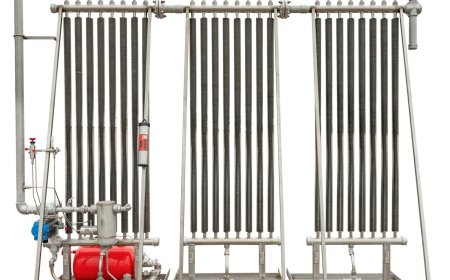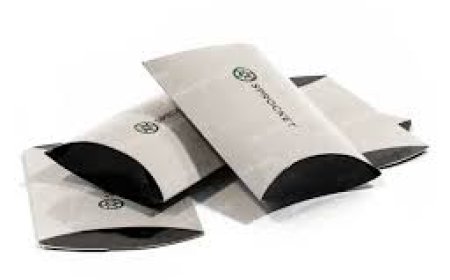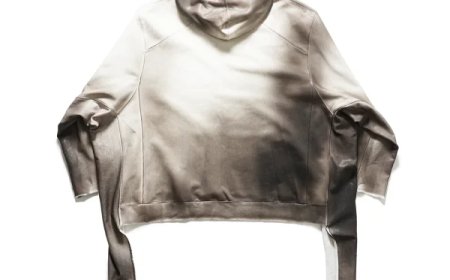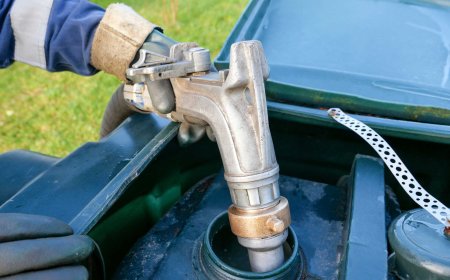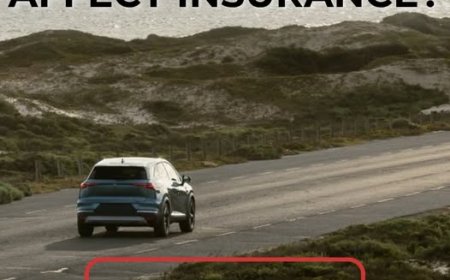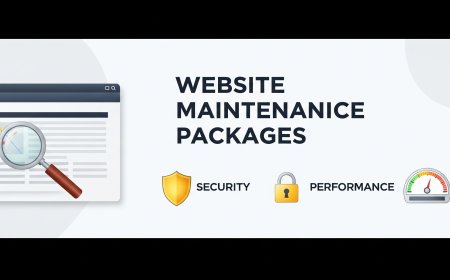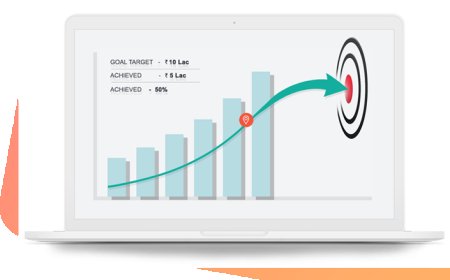How Driving Frequency Affects Your Car Insurance Premium in Pittsburgh
Drive less in Pittsburgh? Learn how pay-per-mile car insurance can lower your premium. Discover usage-based coverage and discounts for low-mileage drivers in PA.

If you're one of many Pittsburgh drivers who works remotely, uses public transit, or simply drives less than the average commuter, you're probably overpaying for auto insurance. The good news? Insurance companies are catching onand that means driving frequency now plays a major role in how your premium is calculated.
This article explores how mileage affects your policy cost and why pay-per-mile insurance in Pittsburgh could be a smart way to save.
Why Mileage Matters to Insurers

Auto insurance premiums are all about risk. The more you're on the road, the higher the likelihood of an accident, which means more potential claims. That's why:
-
High-mileage drivers tend to pay more
-
Low-mileage drivers are considered less risky
-
Insurance companies often offer usage-based discounts for infrequent drivers
In cities like Pittsburghwhere walkable neighborhoods, bike trails, and public transit are commonmany residents drive fewer miles than drivers in rural or suburban Pennsylvania.
What Is Pay-Per-Mile Insurance?
Pay-per-mile insurance is a type of usage-based insurance where your premium is determined largely by how much you actually drive. Instead of a flat monthly cost, your bill consists of:
-
A low base rate (covers theft, fire, vandalism, etc.)
-
A per-mile charge (usually just a few cents per mile)
If you drive less than 8,00010,000 miles annually, pay-per-mile insurance in Pittsburgh can save you a significant amount over traditional policies.
Who Should Consider Pay-Per-Mile Coverage?
This type of policy works best for drivers who:
-
Work from home or have short commutes
-
Use ride-sharing or public transportation frequently
-
Own a second car they rarely drive
-
Are students or retirees who drive occasionally
If you fall into one of these categories, your current insurer may be charging you based on an outdated risk profile. Switching to a low-mileage policy might be the key to unlocking better rates.
Pittsburgh-Specific Driving Trends
Pittsburghs urban layout and compact neighborhoods make it ideal for low-mileage drivers. In places like Shadyside, Squirrel Hill, and Lawrenceville, many residents:
-
Walk or bike to work
-
Use Port Authority buses and the T
-
Only use their cars for weekend errands or trips
If this sounds like you, its worth getting quotes from companies offering pay-per-mile or usage-based insurance in Pittsburgh.
How Telematics Ties In
Some insurers offer telematics programs that track:
-
Your mileage
-
Driving habits (speeding, braking, cornering)
-
Time of day you drive
These programs can be opt-in and are often app-based or plug-in devices. They reward safe, infrequent driving with additional discountsespecially valuable for Pittsburghs cautious, urban drivers.
Potential Savings for Low-Mileage Drivers
Drivers who log fewer than 7,500 miles per year can often save 15% to 30% compared to standard policies. The more accurately you report your driving habits, the more you're likely to save.
Example: If you're only driving 3,000 miles per year while paying the same premium as someone driving 15,000 miles, you're likely overpaying for risk you're not creating.
How to Switch to a Mileage-Based Policy
Ready to explore pay-per-mile insurance in Pittsburgh? Heres what to do:
-
Track your mileage for a month or check your odometer history
-
Get quotes from insurers offering pay-per-mile or telematics programs
-
Compare base rates and per-mile charges
-
Make sure youre not sacrificing essential coverage like comprehensive or collision
Popular insurers like Metromile, Nationwide SmartMiles, and Allstate Milewise offer such plansthough availability can vary by ZIP code.
Final Thoughts
If your car spends more time parked than driven, it's time to rethink your insurance strategy. With the rise of pay-per-mile insurance in Pittsburgh, low-mileage drivers finally have options tailored to their lifestyle.
Don't pay high premiums for miles you're not drivinglet your driving habits work in your favor.














